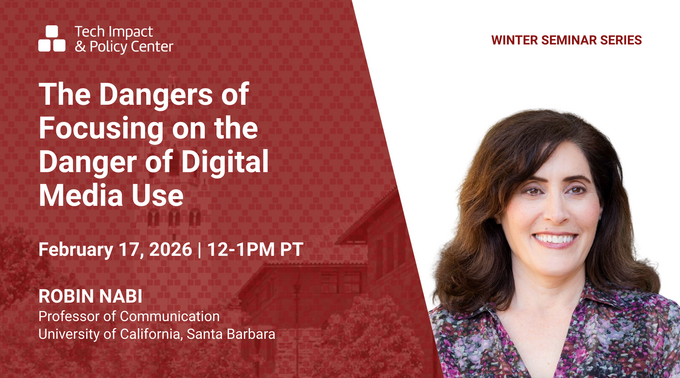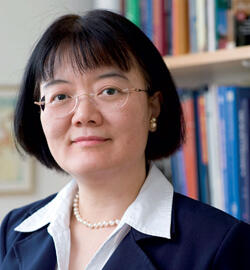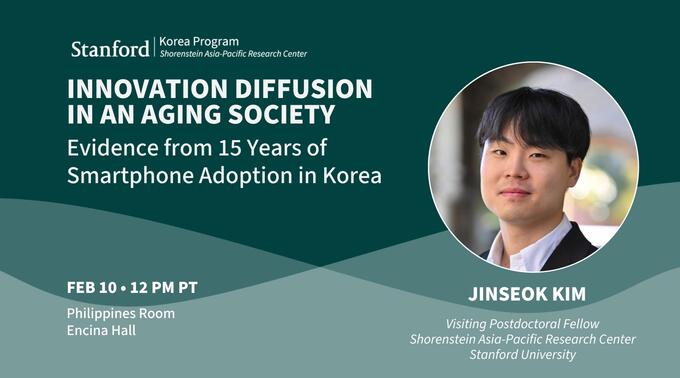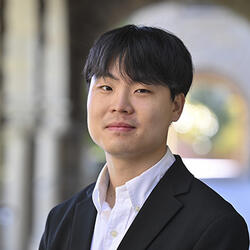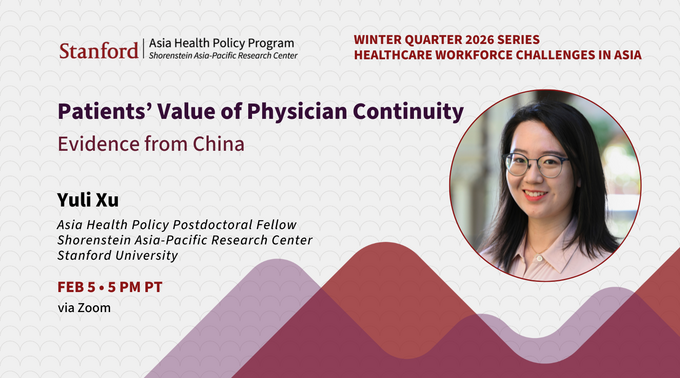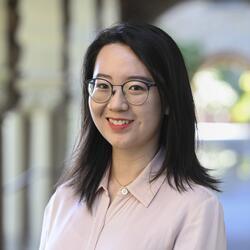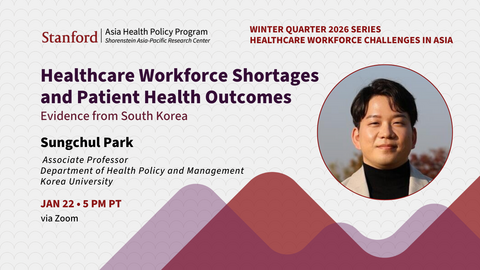Giovanni Ramos | Equity in Digital Mental Health Interventions
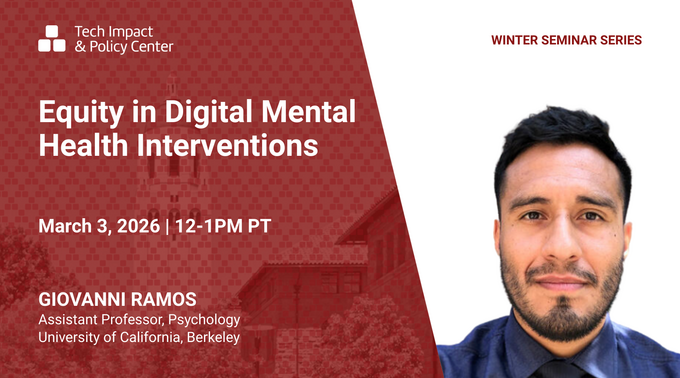
Join the Tech Impact and Policy Center on March 3rd from 12PM–1PM Pacific for a seminar with Giovanni Ramos.
Stanford affiliates are invited to join us at 11:40 AM for lunch, prior to the seminar. The Winter Seminar Series continues through March; see our Winter Seminar Series page for speakers and topics. Sign up for our newsletter for announcements.
About the Seminar:
Digital mental health interventions (DMHIs) hold promise to advance mental health equity by addressing provider shortages, reaching individuals who might not seek services in traditional healthcare settings, and making evidence-based treatments available 24/7. However, DMHI science to date has rarely involved members of historically marginalized groups in the development, testing, or implementation of these digital tools. Therefore, without careful consideration, DMHIs can perpetuate, or even worse, create new inequities in mental health. This seminar explores the state of the science in DMHIs, with an emphasis on diversity, equity, and inclusion (DEI) principles. First, with a review the current literature to determine how well DMHIs adhere to DEI principles and the current evidence (or lack thereof) supporting their effectiveness and implementation for marginalized groups. Then, a discussion of how these findings inspired the creation of Mind-Us, a DMHI for individuals who experience elevated levels of discrimination. Concluding with findings from work testing and refining new low-intensity implementation strategies to promote uptake, engagement, and retention in self-guided DMHIs for marginalized groups.
About the Speaker:
Dr. Giovanni Ramos is an Assistant Professor in the Psychology Department at the University of California, Berkeley, where he directs the Mental Health Equity in Access and Treatment (M-HEAT) Lab. His research aims to advance mental health equity among racially and ethnically minoritized populations. To achieve this goal, his work concentrates on three interconnected areas: 1) identifying risk and resilience factors that influence the mental health of marginalized groups, 2) enhancing the cultural and contextual fit of mental health treatments through data-driven cultural adaptations and implementation strategies, and 3) using digital tools to increase the accessibility of mental health services. Dr. Ramos earned his PhD in clinical psychology from the University of California, Los Angeles, and completed postdoctoral training at the University of California, Irvine, and the University of California, San Francisco.
McClatchy Hall, S40 Studio
450 Serra Mall, Stanford, CA 94305
For those attending the in-person seminar, please bring your Stanford ID card/mobile ID to enter the building.

